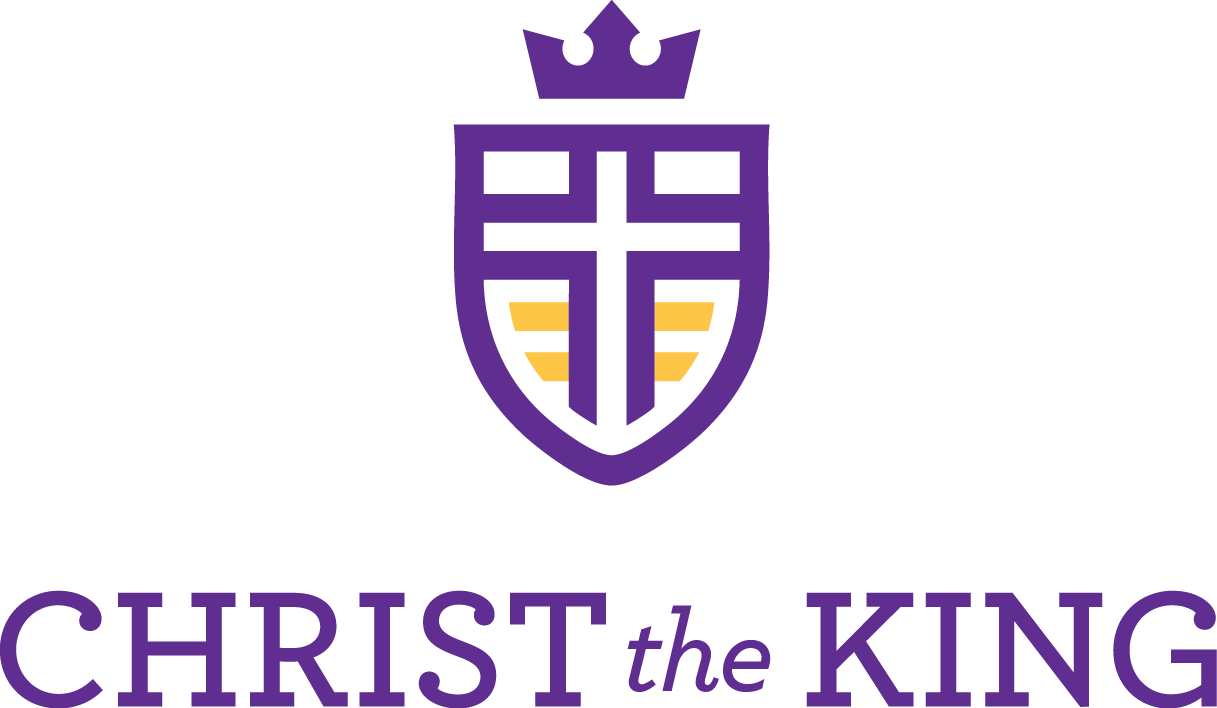“This, rather, is the fasting that I wish: releasing those bound unjustly, untying the thongs of the yoke, setting free the oppressed, breaking every yoke, sharing your bread with the hungry, sheltering the oppressed and the homeless, clothing the naked when you see them, and not turning your back on your own.” Isaiah 58:6-7
Christ the King Social Justice Committee
The Christ the King Social Justice Committee seeks to understand, educate and act on Catholic Social Teaching, an essential guide to living the Gospel message in our community.
Purposes:
Provide awareness of and education about Catholic social justice teaching
Advocate for the dignity and rights of all people, especially those on the margins of our society and who are disadvantaged in one or more ways
Respond to equity issues and human needs in our community
Promote a society with more just laws and social structures
Advocate for and engage in efforts to care for creation
Encourage parishioners of Christ the King to engage in these various efforts and provide opportunities for them to do so
Membership:
Membership on the CTK Social Justice Committee is open to anyone interested in learning more about Catholic Social Teaching and acting upon it to promote the dignity and rights of all, advocate for just social structures, and respond to human needs within our community and beyond.
The Committee meets approximately every other month or as needed.
For more information or to join the Committee, contact Joe Cavato at 314-369-1871 or jaconsultingstl@gmail.com
“Up Front”: Some Resources on Current Events/Issues:
Resources on Catholic Social Teaching and Immigration
AREAS OF COMMITTEE FOCUS
Racial Justice
Discussion of “How to Be an Anti-Racist,” by Ibram Kendi. Two sessions via Zoom, 2020.
Anti-racism signage (“Racism Is a Sin”) made available to parishioners (Fall 2021).
Eight week “Racial Reconciliation and Training Program” (Unity Lab) facilitated by Lauren Littrell of Love One Another Ministries. 15 participants via Zoom in early 2022. Subsequently, 7th and 8th graders at CTK School participated in a version of the program.
Community Needs/Equity Issues
Monitoring Medicaid Expansion in Missouri; Letter to Archbishop Rozanski thanking him for his support on the issue (2021-2022).
Discussion of “Fratelli Tutti.” Five sessions on Zoom (Lent 2021).
Parish participation in World Vision Ministries Programming (“Chosen”) during Lent, 2022.
Ongoing collaboration with and support of SHED (Safe Homes for the Elderly and Disabled); participation in CTK “Service Days” in the Fall.
Ongoing holiday “Giving Tree” program each November-December.
Ongoing review of social justice programming in parishes now part of CTK and consideration for continuation, cessation or consolidation.
Care for Creation/Environmental Justice
Explore ways to address flooding in U City and its impact on lower income residents (in process).
Identify ways the parish could make improvements to its plant and property to benefit the environment (e.g., solar panels on the school roof), (in process).
Educational program for all parishioners on impacts of environmental issues on lower income residents (in process).
Resources
Please click on the box below each topic area for resources on that topic.
Racial Equity
Community Needs/Equity Issues
Environmental Justice/Care for Creation
General Resources on Social Justice
On Catholics and Voting Resources
“We need to participate for the common good. Sometimes we hear: a good Catholic is not interested in politics. This is not true: good Catholics immerse themselves in politics by offering the best of themselves so that the leader can govern."
-Pope Francis, Morning Meditation
There are numerous resources to guide Catholics on forming their consciences as they prepare to vote. Some of these resources, including the U.S. Bishops’ document on “Forming Consciences for Faithful Citizenship,” along with the new Introduction, can be accessed by clicking the box below.






